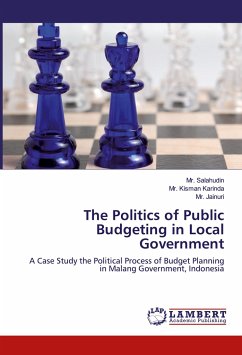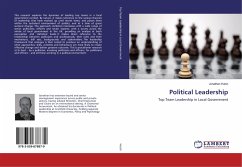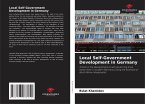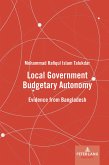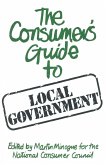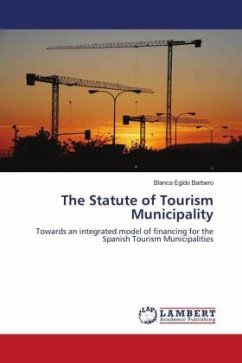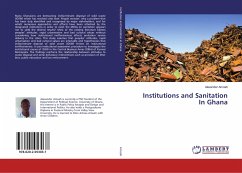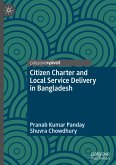This book explores the relationship between local government and civic groups in the budget planning process of the government of Malang, Indonesia. The civic groups have the least power during budget planning. The key informants of this study were the regional government of Malang, the members of the Regional House of Representatives of Malang, village government staff members, Education Forum for Society (FMPP) members, the Same Neighborhood of Society (RT) staff, Neighborhood Association (RW) staff members, Community Empowerment Organization at Village Level (LPMK) staff members, and Malang Corruption Watch (MCW) members. These findings contribute to developing budget planning in Malang that establishes a democratic budget policy process that is more responsive to public needs. The local government should realize that public participation is a way to achieve democratic budget process. In this context, elected and appointed officials should provide access for civic groups to beinvolved in all stages of budget planning. At the same time, civic groups should build civic awareness and a willingness to participate in budget planning.
Bitte wählen Sie Ihr Anliegen aus.
Rechnungen
Retourenschein anfordern
Bestellstatus
Storno

